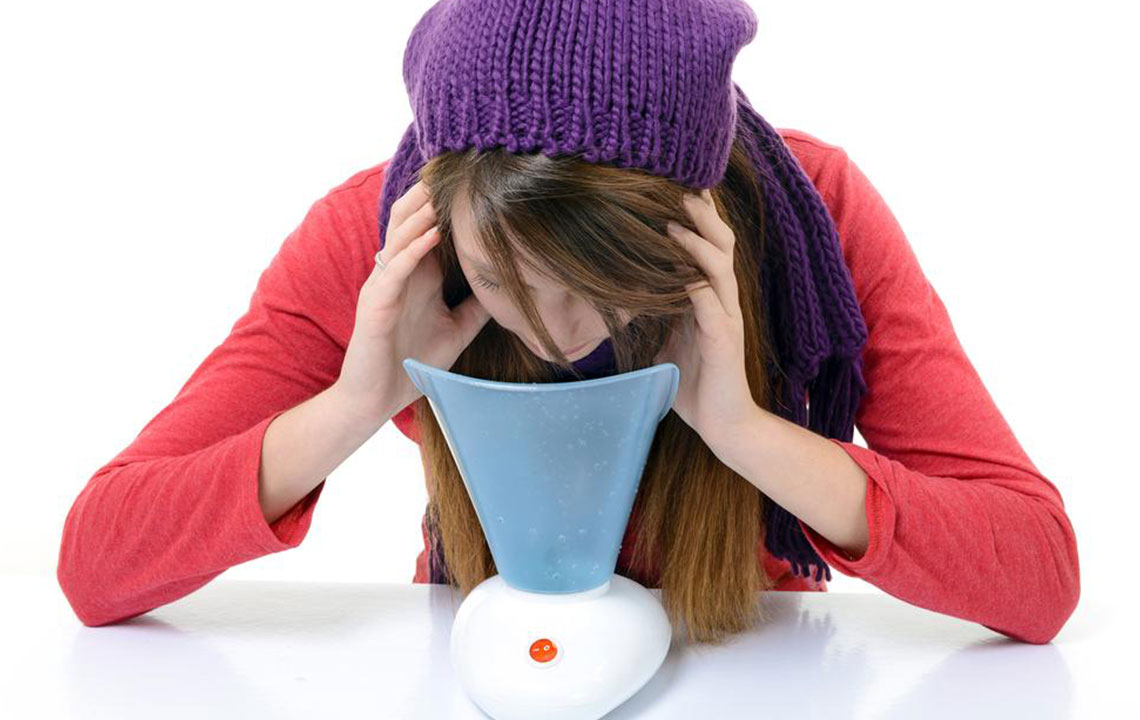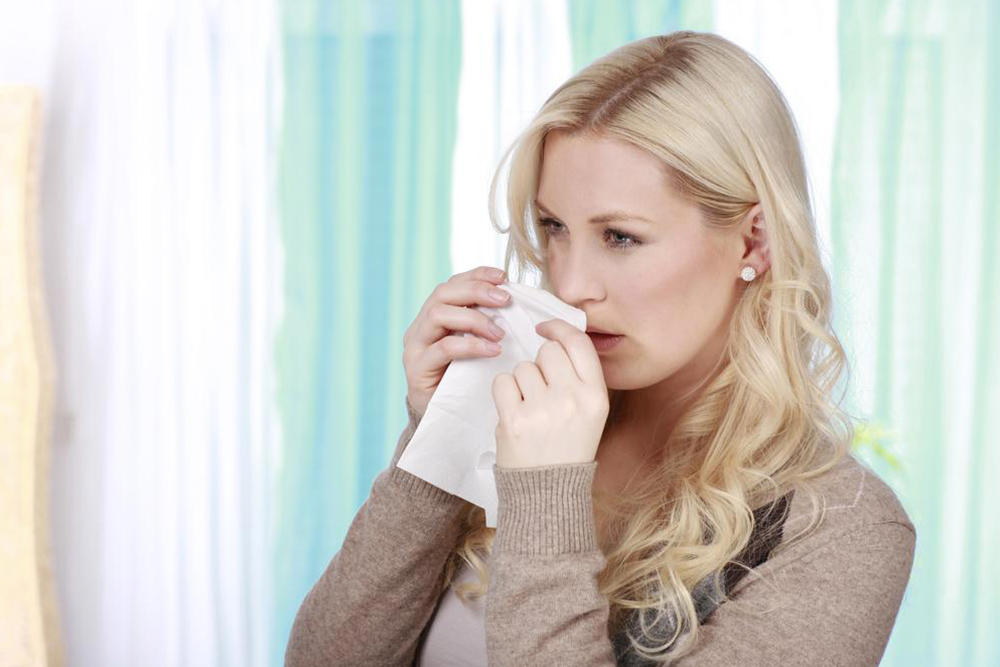Essential Strategies for Managing Menopause Symptoms
Discover effective strategies to manage menopause symptoms including weight control, trigger food avoidance, regular exercise, and hydration. These tips can help women ease menopause discomforts and protect their overall health, promoting a better quality of life during this transitional phase.

Essential Strategies for Managing Menopause Symptoms
Menopause marks the end of a woman's reproductive phase when she hasn't experienced a menstrual cycle for 12 consecutive months. It results from the ovaries reducing hormone production, particularly estrogen and progesterone. Natural menopause occurs as part of aging, whereas induced menopause can be caused by surgical removal of ovaries or damage from medical treatments like radiation or certain medications.
Maintain a Balanced Weight
During menopause, hormonal shifts often lead to weight gain, compounded by aging, genetics, and lifestyle choices. Excess weight increases risks for heart disease, diabetes, osteoporosis, and worsens menopause symptoms. Staying at a healthy weight can alleviate discomfort and safeguard overall health.
Avoid Trigger Foods
Certain foods can exacerbate menopause symptoms such as hot flashes, night sweats, and mood swings. These include alcohol, caffeine, fried foods, junk foods, and baked goods like pastries and cookies. Recognizing and limiting these triggers can help manage symptoms effectively.
Engage in Regular Exercise
Consistent physical activity is vital during menopause to help control symptoms and boost overall well-being. While exercise's impact on hot flashes is still under study, it is known to increase metabolism, improve energy, elevate mood, and enhance quality of life. Dedicate at least a few hours weekly to physical activity for long-term benefits.
Stay Hydrated
Lower estrogen can cause dryness and dehydration symptoms. Drinking plenty of water—around eight to twelve glasses daily—helps reduce dryness, prevents bloating, and supports body functions during menopause. Proper hydration is essential to manage associated discomforts.










